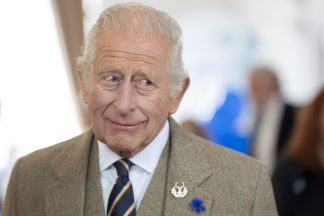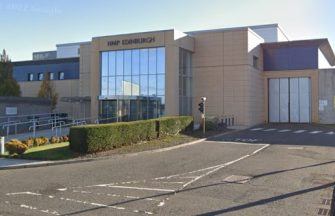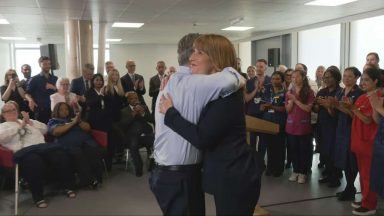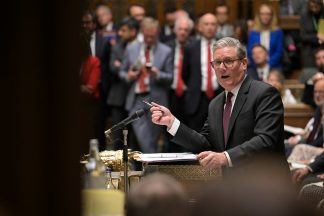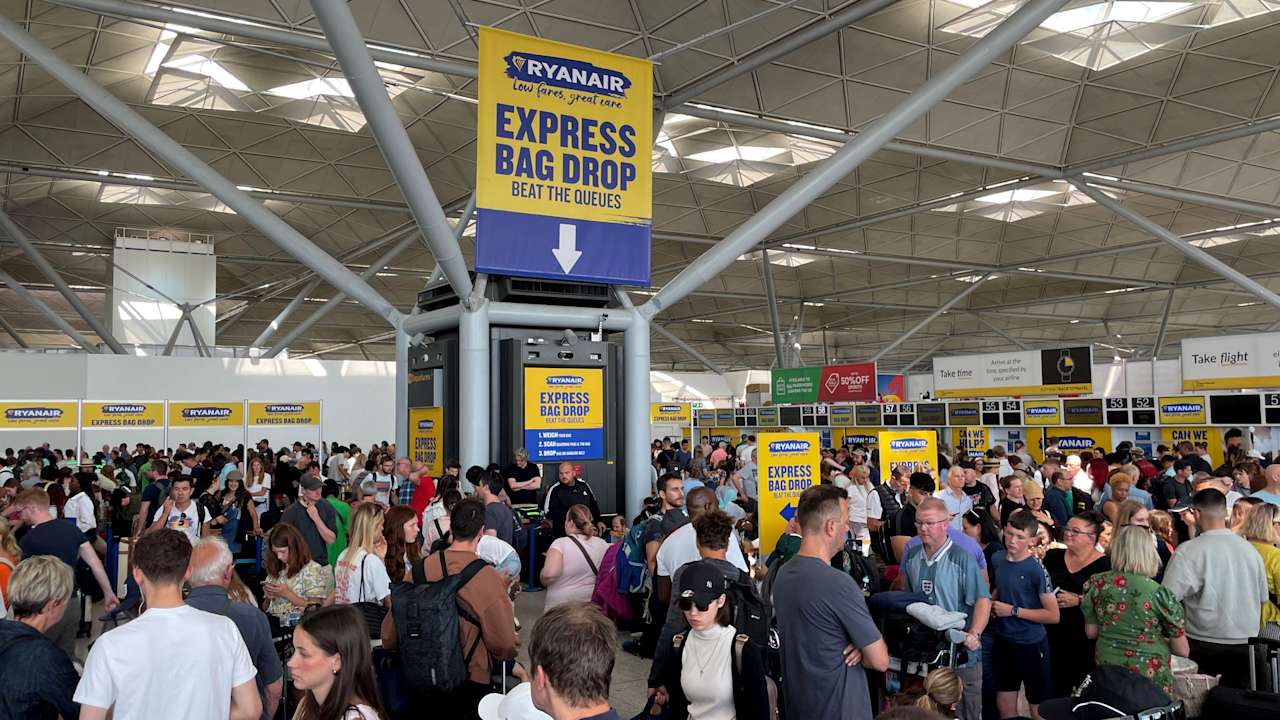Labour leader Sir Keir Starmer has an electoral Everest to climb and if he is ever to make it to Downing Street his Scottish party have to radically alter the electoral arithmetic at the next General Election.
Scottish Labour have a number of problems, not least the fact politics north of the border is still largely defined by preference on the constitutional future of the country.
They become squeezed between two polar opposites and appear unable to carve out a distinct identity of their own.
In an interview for STV I reminded Sir Keir that for much of the history of devolution Labour had been agents of change.
The 1974-79 Labour government legislated twice for a Scottish Assembly and the party was the biggest player in the Scottish Constitutional Convention, which produced a scheme that the Labour government delivered in 1997.
I put it to Starmer that Labour had nothing of any real import to say on the constitution since they created the Scottish Parliament and were therefore simply defenders of the status quo.
He rejected the charge emphatically saying that the status quo was no longer an option and that a new constitutional relationship was needed.
Sir Keir is clearly working on a new plan for devolution, but to date what additional powers may be offered by a future Labour government are not clear. He did cite responsibility for employment law as an area ripe for decentralisation.
Labour need a plan and soon. They desperately need an identity on this issue in order that Unionist voters don’t end up in the Conservative camp because they are seen as more robustly anti Nationalist.
The intriguing question is whether the ‘more powers’ strategy has appeal anymore. That ship might just have sailed with the Vow made on the eve of the 2014 Referendum.
Starmer asserted in the interview that he accepts voters in Scotland have the right to choose their own future.
Implicit in that stance is an acceptance of a second referendum on independence. His line was not now, not until the pandemic and its consequences pass.
When pushed on this he ruled out support for a referendum in this term of the Scottish Parliament.
Of course when the SNP Government introduce their bill to facilitate an independence poll, there will be a row with Westminster and a long debate about whether Holyrood actually has a legal basis to try and deliver a change to the future of the whole United Kingdom.
Starmer was interesting on this point, saying that he did not believe a political issue ending up in the courts would be the way to proceed. And yet, that is where an inter-governmental spat might head, since the SNP Government will insist on pursing their bill and ministers at Westminster will continue to insist such a bill is outwith the scope of the powers of the Parliament.
The Labour leader would prefer that politics was dominated by the economics of recovery and the future of public services since this is stronger ground for his party.
Both he and Anas Sarwar know that is but a pipedream and that they need something which is a distinctly Labour response to the current constitutional debate. And they need it to help win back voters who have deserted the party.
The challenges for Sir Keir Starmer are not just formidable they are frightening when you see how radically the electoral calculus needs to shift if he is to be propelled from leader of the opposition to Prime Minister.



